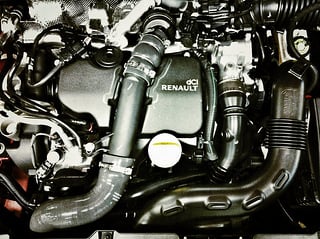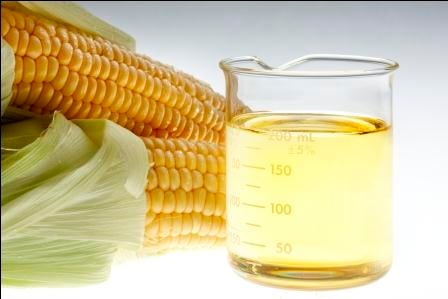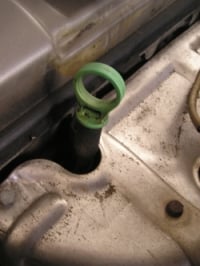How to Tell if Ethanol is Destroying my Vehicle
Here's a fact: Most gasoline that you're pumping into your vehicle these days contains some sort of ethanol concentration, typically 10 to 15...
3 min read
Bell Performance : Jan 17 2014

Even those of us who don't have a comprehensive understanding of vehicle engines understand that the single fastest way to destroy an engine is to overheat it. When you over heat an engine, potential damage can include everything from the block, heads, cylinders, pistons, rods, and gaskets to spark plugs, oil and coolant. Hence why engines have a temperature gauge.

However, it's just as easy to destroy an engine slowly, especially when warning signs aren't visible. Everything might appear to be ok, but the damage is just as catastrophic.
In other words, it's just as important to understand how to destroy an engine over time as it is to understand how to destroy one in a few minutes. Then you know what you can do to prevent it.
One of the most damaging things you can do to your engine over time is adding ethanol gasoline. It can make up between 10% and 15% of the petroleum you purchase; many experts believe the government is going to insist that fuel manufacturers add more (1).
The reasons ethanol is so damaging is because it absorbs water and it likes to dissolve polymers. Ethanol that isn't stored correctly creates a molecular bond with water and that water corrodes fuel lines, injection systems, valves, rods, cylinders and heads and your crank case. At the same time, ethanol in contact with rubber and plastic fuel system parts leaches and dissolves the polymers over time, leading to damage of important parts.
Solution: Fuel additives are not only recommended these days, they are virtually a requirement just like oil and coolant. Fuel additives are the only means of preventing the cancer inside your vehicle's motor that ethanol creates, apart from just buying “pure gas” in the first place.
Oil sludge develops over time when oil isn’t changed often enough. The oil undergoes transformations in the engine environment and forms thick, sticky sludgy that accumulates in critical areas. It can block the proper flow of oil to parts that need it, and it causes engine parts to retain excess heat, leading to damage over time.
Solution: Changing your oil at the recommended intervals is the single best thing you can do for the health of your engine. You can also use an engine flush treatment during oil changes to dissolve harmful sludge and enable it to removed when the oil is changed.
Lack of fluids is one of those errors that can destroy an engine faster than you can say X-tra Lube Concentrate oil treatment five times. While it won’t damage your engine as quickly as causing it to overheat, it will destroy your engine much faster than corrosion or sludge, because the damage is catastrophic and acute.
The fluids you must think about and the order you must think about them in are:
Cold starts damage everything from your battery to your starter to your alternator to your pistons to your cylinder rods and heads.
If you live in a place that falls below 0 degrees Fahrenheit more than once a week during the winter, get an engine heater. They are cheap and easy to connect to your radiator. Not only will it prevent engine damage, they’re also convenient. You won't have to worry about your engine not starting.
In general, poor maintenance may do more damage your vehicle than almost anything else.
Spark plugs that fire poorly, combined with low fluid levels in addition to low tire air pressure levels combined with timing that is off... throw in bad shocks and bumpy roads, over-revving the engine and low grade gasoline, and eventually poor maintenance will take years off the life of your expensive vehicle.
Photo Credit / Creative Commons / No Changes Made
Here's a fact: Most gasoline that you're pumping into your vehicle these days contains some sort of ethanol concentration, typically 10 to 15...

Bell Performance's on-staff master mechanic James Dunst returns today to talk about what's different about flex fuel cars, why they can burn 85%...

The summer driving season is expensive. More families take long trips and gas prices are highest, both because of increased demand and because...